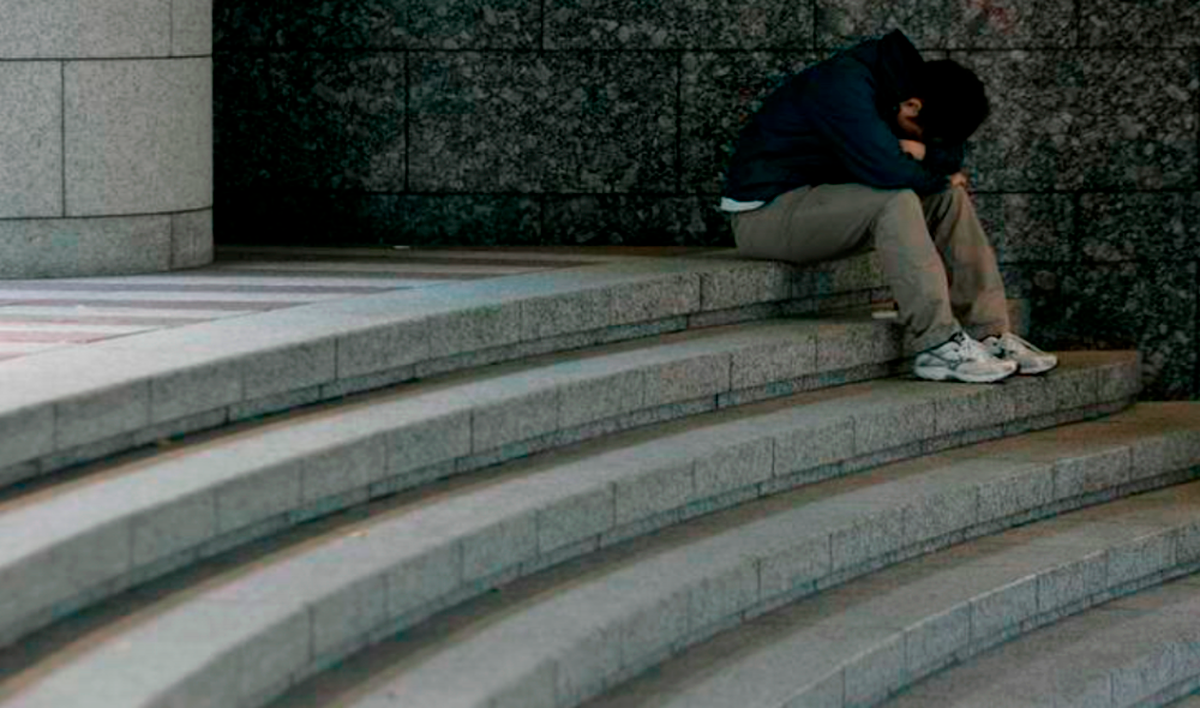THERE are days when language fails us. Today is one of them. No clever line can soften what happened in the early hours of Monday. A bus carrying students of Universiti Pendidikan Sultan Idris was making its way from Jerteh back to campus in Tanjung Malim – a route many had travelled before. Quiet. Long. Lined with trees and darkness.
But this time, something went terribly wrong.
We now know the basic facts – the location, the time the emergency call was made and the name of the highway. We know how many did not make it and how many survived. But beyond the numbers and news alerts lies something we cannot touch – something sacred and silent.
We do not know what it feels like to be the friend who called out to the person who had been beside them the whole journey – and was met with silence. Or the mother who packed a bag she thought her child would open later in the morning. Or the father whose phone rang before sunrise, bearing news no one would ever be ready to receive.
We do not know what it means to receive that final call or worse, to keep waiting for one that never returns.
And maybe we should not pretend we do. Because to truly understand grief that deep is to live through it – and no one should have to.
But even from a distance, we feel it. Not in full – never in full – but enough to make us pause. Enough to hollow the chest, to tighten the throat and to spark that sudden, wordless stillness that only tragedy brings.
It is a sadness that arrives uninvited – deep and aching. The kind that does not cry out but sits heavy in the chest, like a weight that refuses to lift.
We imagine the unthinkable and though we are only on the edge of it, that imagining alone is enough to leave us shaken. We think of the mothers, the fathers and the siblings who had just waved goodbye. The unanswered texts, the unopened luggages and the doors that will not open again.
We gather. We speak. We pray. We write messages we know will not change anything. Messages that feel small and fragile but we send and share them anyway. Not because we believe our words can mend what is broken but because silence, at times like this, feels a lot like surrender.
In moments like these, presence becomes a kind of language. A standing vigil. A collective breath held in honour of those who can no longer exhale.
We gather not because we have answers but because grief – while deeply personal – should never be borne in isolation.
Fifteen lives were lost. That is not just a number. That is fifteen unfinished conversations. Fifteen rooms that won’t be opened tonight. Fifteen names that were written on class lists, now circled in sorrow. Their friends will have to return to campus with one seat empty beside them, one voice missing from the group chat, one name they will struggle to say in past tense.
Yet, despite all this – despite knowing that our grief will always remain smaller than theirs – we still show up. We write. We bear witness because even a gesture, no matter how small, tells those who are mourning “you are not alone”.
Let this be our offering – however quiet, however humble. A flicker of human warmth in a moment gone cold. Let our presence say what our words cannot: that we honour their loss and we will not look away.
May our hearts lean quietly towards theirs. Al-Fatihah.
Dr Nahrizul Adib Kadri is a professor of biomedical engineering at the Faculty of Engineering and the principal of Ibnu Sina Residential College, Universiti Malaya.
Comments: letters@thesundaily.com









